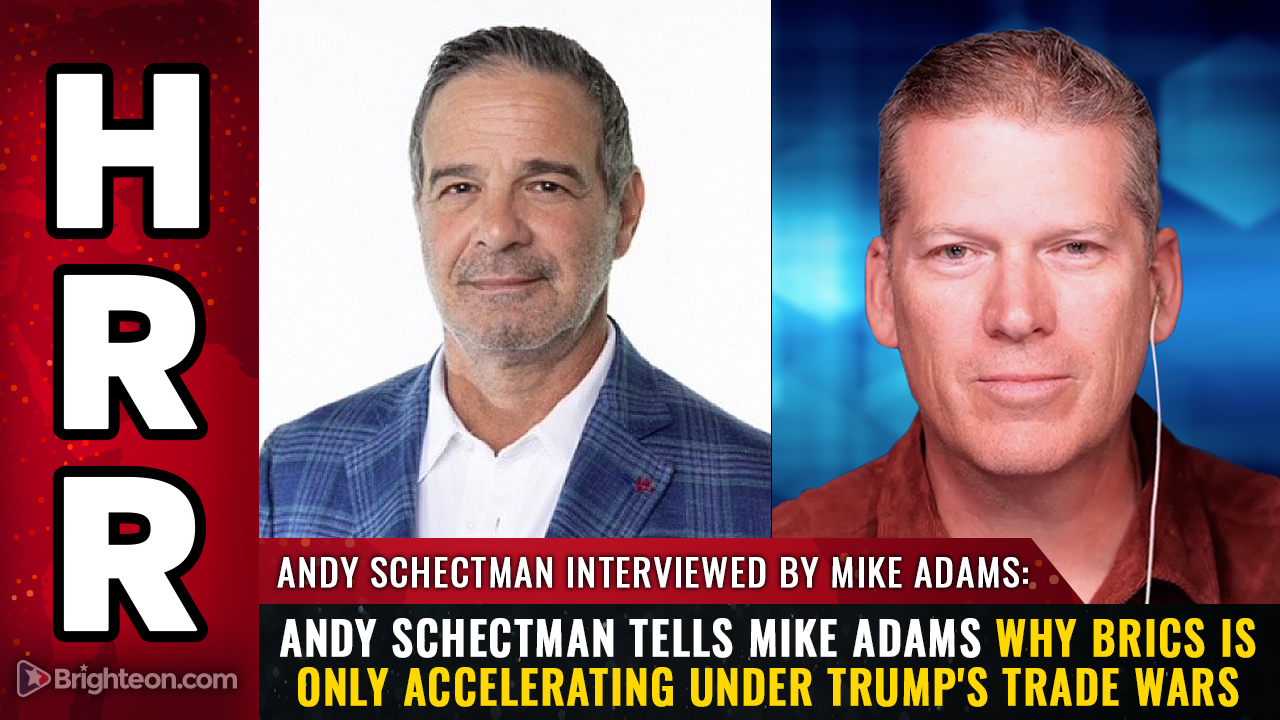 Parler
Parler Gab
Gab
- Anheuser-Busch announced a $300 million investment in U.S. manufacturing (part of its "Brewing Futures" initiative) to expand facilities, create jobs and enhance veteran training programs, reinforcing its commitment to American production.
- The move aligns with federal tariff policies incentivizing domestic manufacturing and addresses competition from microbreweries by emphasizing Budweiser’s "American" identity, including a 2025 summer rebrand.
- Nearly 10% of its workforce are veterans/military personnel; new partnerships (e.g., Heroes MAKE America) aim to translate military skills into manufacturing credentials, tackling industry labor shortages.
- Following backlash from a 2023 Bud Light ad campaign, the company pivoted to patriotic messaging (e.g., "America"-branded cans) and ads highlighting American workers, distancing from prior cultural missteps.
- The investment ties corporate growth to nationalistic themes — reshoring jobs, supporting veterans and leveraging "Made in America" appeal — though challenges like tariff costs and competition remain.
The “Made in America” pledge: Aligning with federal policy and shifting consumer trends
The $300 million initiative marks a significant escalation in Anheuser−Busch’s decade−long shift toward domestic production. Since 2020, the company has poured nearly $2 billion into upgrading its 100 U.S. facilities, an effort Whitworth called a core commitment to “strengthening local communities” and fueling economic growth. The new Columbus, Ohio, technical training center — set to upskill regional workers over three years — and partnerships with trade schools reflect the firm’s dual goals: attracting skilled labor and adapting to U.S. manufacturing’s evolving needs. This momentum coincides with the Trump administration’s tariff-driven push for localization. Secretary of Labor Lori Chavez-DeRemer praised the move, stating it “builds on a longtime commitment to grow our workforce,” while pointing to federal policies as a catalyst for corporate pledges to “put American workers first.” Under the administration’s trade agenda, tariffs targeting imported goods have incentivized companies like Anheuser-Busch to reorient supply chains domestically. The investment also responds to a microbrew revolution. Since InBev’s $52 billion acquisition of Anheuser-Busch in 2008, the firm’s dominance has waned as smaller breweries captured younger, patriotic-leaning consumers. Whitworth’s leadership since 2021 has emphasized this market shift, with the company touting its “American” identity. Its 2025 summer rebrand — dubbing Budweiser cans “America” — highlighted this strategy. “If America were still what it once was, competitors would be emphasizing differences — not stealing the name,” one critic observed, underscoring the firm’s contentious foray into cultural branding.Veterans, military skills and bridging the skills gap
Nearly a tenth of Anheuser-Busch’s 65,000 employees are veterans or active-duty military, a workforce demography Whitworth aims to grow. The company’s partnership with the Manufacturing Institute’s Heroes MAKE America program will debut a digital credential system to convert military training into manufacturing qualifications. “Veterans bring discipline, leadership and a can-do attitude,” Whitworth noted, drawing parallels to his own Marine Corps and CIA career. These efforts align with broader industry challenges. A National Association of Manufacturers report estimates that over 2 million manufacturing jobs could go unfilled without urgent reskilling. Anheuser-Busch’s collaboration with trade schools and regional technical centers seeks to address this gap. “This isn’t just about hiring — it’s about building a pipeline our country needs,” Whitworth stated in a campaign ad.From controversy to patriotism: Anheuser-Busch’s brand evolution
The investment arrives as the firm recovers from its 2023 marketing misstep. That year’s Bud Light Super Bowl ad featuring transgender influencer Dylan Mulvaney sparked boycotts, dethroning it from its U.S. sales crown. Whitworth pivoted toward wholesome, “all-American” narratives: humorous ads celebrating brewery employees, a letter urging “American”-branded beers and the summer “America” rebrand — a move that critics called either “ingenious” or “absurd.” The ad campaign ties its $300 million pledge to this rebranding, using slogans like “Investing in American beers and careers since 1857” to emphasize heritage and fiscal responsibility. However, Anheuser-Busch sidestepped direct discussion of tariffs during its Q1 2025 earnings call, despite facing potential aluminum costs from the administration’s levies.Can brewing futures brew national renewal?
Anheuser-Busch’s $300 million bet underscores the confluence of federal policy, labor trends and corporate identity in 2025. While whitewashing the firm’s challenges — from global competition to cultural missteps — it underscores a broader economic narrative: reshoring jobs, empowering veterans and reclaiming “American” as more than a label. Whether this strategy brews lasting impact depends on execution, tariff effectiveness and a public hungry for both patriotism and quality beer — and a published name its competitors can’t poach. Sources for this article include: NYPost.com Reuters.com AdWeek.comTrump’s drug pricing reform clashes with failed China trade strategy
By Finn Heartley // Share
Trump declares EU ‘nastier than China’ as trade war escalates – Is the bloc fighting for survival?
By Lance D Johnson // Share
Trump’s tariff retreat sparks fears of accelerating BRICS dominance
By Finn Heartley // Share
Health Ranger Report: Miguel Casas shares shocking truths about OPEN BORDERS and HUMAN TRAFFICKING
By Kevin Hughes // Share
U.S. and China agree to slash tariffs in 90-day trade war truce
By Cassie B. // Share
Farmers rally behind Trump’s trade policies as confidence and investment surge, barometer shows
By Laura Harris // Share
The power of Peaches: A nutrient-dense superfood for optimal health
By lauraharris // Share
Eating these vegetables lowers inflammation and mortality risk
By newseditors // Share
Anheuser-Busch pledges $300 million to boost U.S. manufacturing
By willowt // Share
Trump’s drug pricing reform clashes with failed China trade strategy
By finnheartley // Share








